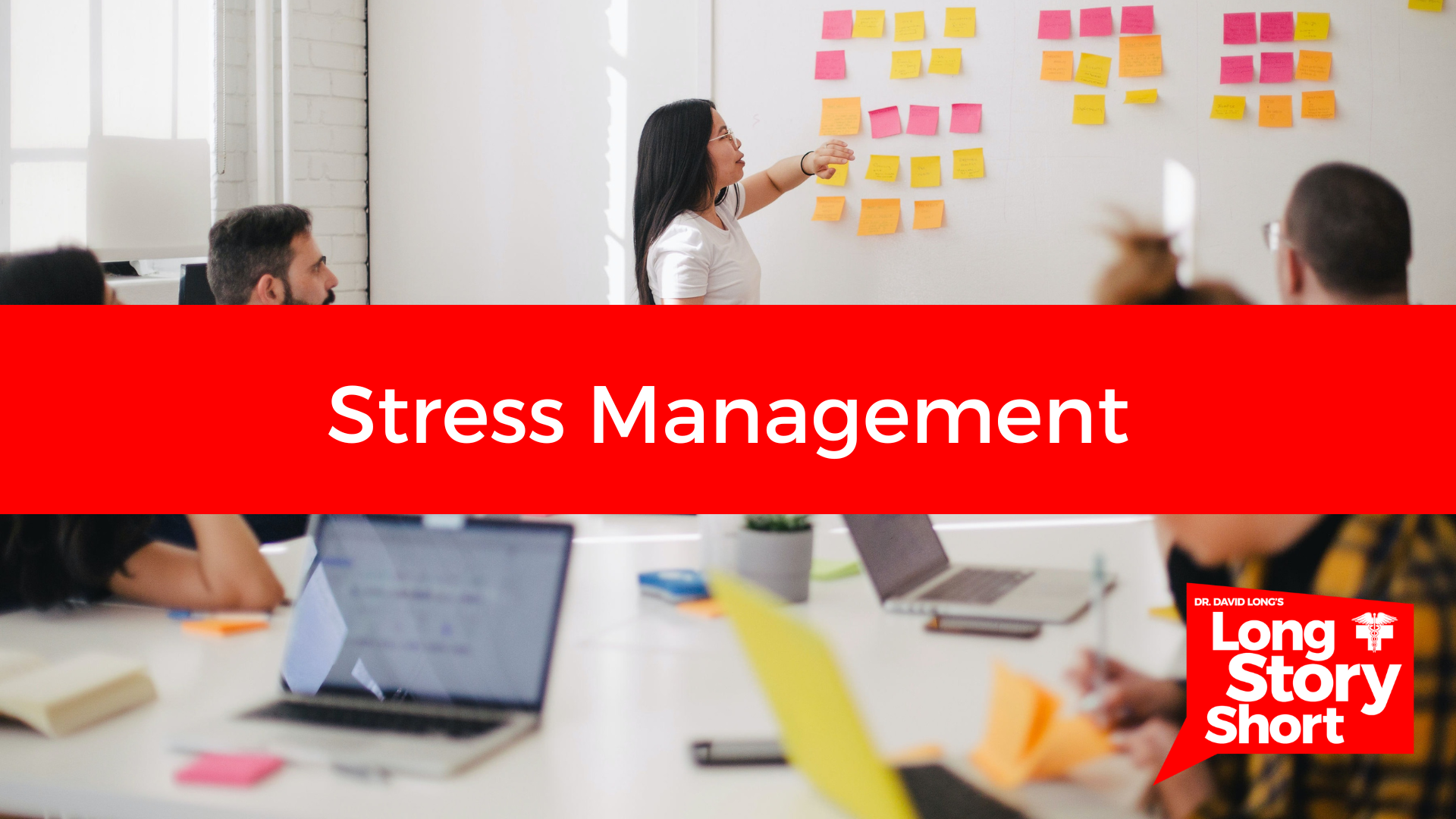Stress Management
• During Stress Awareness Month, it is important to be aware of the effects of stress.
• Symptoms can include fatigue and headaches.
• Ways to help manage stress include taking care of yourself, eating healthy and exercising regularly, getting plenty of sleep, giving oneself a break, sharing with family or friends and avoiding drugs or alcohol.
• If chronic stress persists, speaking to a psychologist or counselor can be beneficial in learning healthy ways to cope.
Coping With Stress
Do you wish there was a little less stress in your life? April is stress awareness month! Let’s be honest, we could all use some help when it comes to stress management.
Whether it’s positive stress like planning a wedding or negative stress, such as getting laid off, everyone has felt the effects of stress.
Stress can often be shown as a physical symptoms, such as fatigue and headaches. Even though stress is unavoidable for the vast majority of people, there are many ways to help prevent and manage it.
Here are some basic ideas that you can put into practice when you’re feeling stressed in addition to the basics – take care of yourself, eat healthy and exercise regularly.
Get plenty of sleep.
Give yourself a break.
When you’re feeling stressed, share your problems and how you’re feeling and coping with a family member, a friend, or your doctor. Having someone to talk to is important in managing your stress.
Avoid drugs or alcohol. These create additional problems and can increase stress. You’re already feeling recognized when you need more help, no one to talk to a psychologist or a counselor.
If stress continues to occur, learning to cope with our stress and finding healthy ways to deal with stress can go a long way towards living a healthy and positive life.
I’m Dr. David Long. That was the long story short!





 and then
and then